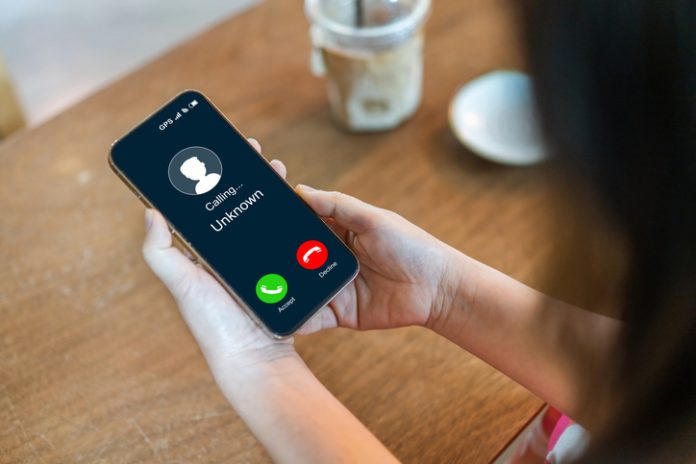All of us could do with making more effort to protect our online privacy. You might not think much about sharing your phone number when you’re signing up for a service or sending your card details to a friend via message, but every time we reveal our data online, we put ourselves at risk of a breach.
Unfortunately, there’s no way to completely avoid hackers and scammers online (unless you completely remove yourself from the internet, which just isn’t practical in today’s world). But you can at least minimize your potential for getting caught in a data breach, and one of the ways to do this is by using a non-VoIP number when you create accounts online.
If you’ve not heard much about non-VoIP numbers and you want to learn how they work, here’s everything you should know.
What Are Non-VoIP Numbers?
Non-VoIP (Voice over Internet Protocol) numbers are phone numbers, provided by online services like https://www.smspool.net/, that come from traditional mobile carriers. That means they’re tied to a physical SIM card and a specific location.
What’s the benefit of this? It makes them much harder to spoof, and therefore less likely to be flagged as suspicious when you’re using them to sign up for online accounts.
Many websites and apps block VoIP numbers, so if you’re using an online service that gives you a VoIP number, you might not be able to use the number for your intended purpose. They’re just too easy to create and discard.
A non-VoIP number, on the other hand, is a much safer option for two-factor authentication and recovering your accounts. It’s tied to a real network, so you can trust it to protect your identity.
When Should You Use a Non-VoIP Number?
If you ever want to create an account or sign up for a service without using your real phone number, a non-VoIP number is a great solution.
You might want to use a non-VoIP number if you’re not sure about the trustworthiness of the service you’re signing up for, or you just want to trial it before you share your data. These numbers are also useful if you’re working or living abroad and don’t have the right country code required for a particular account.
In terms of when you should use a non-VoIP number instead of a VoIP number, that depends on what you’re using it for. Some services—like a lot of banking apps and government portals—don’t accept VoIP numbers when you’re registering. That means if you need reliable access, you’re best going with a non-VoIP number.
From a privacy point of view, a big advantage of of non-VoIP numbers is that they don’t face the same restrictions as VoIP numbers, which are more likely to get banned or blacklisted because they’re often used for phishing and scams.
Takeaway
If you’re keen to keep your personal data private online and want a secure number that won’t be easily disconnected or flagged, you can’t go wrong with a non-VoIP number. Hopefully, you now understand what makes this type of number a long-term solution for your online privacy.




































